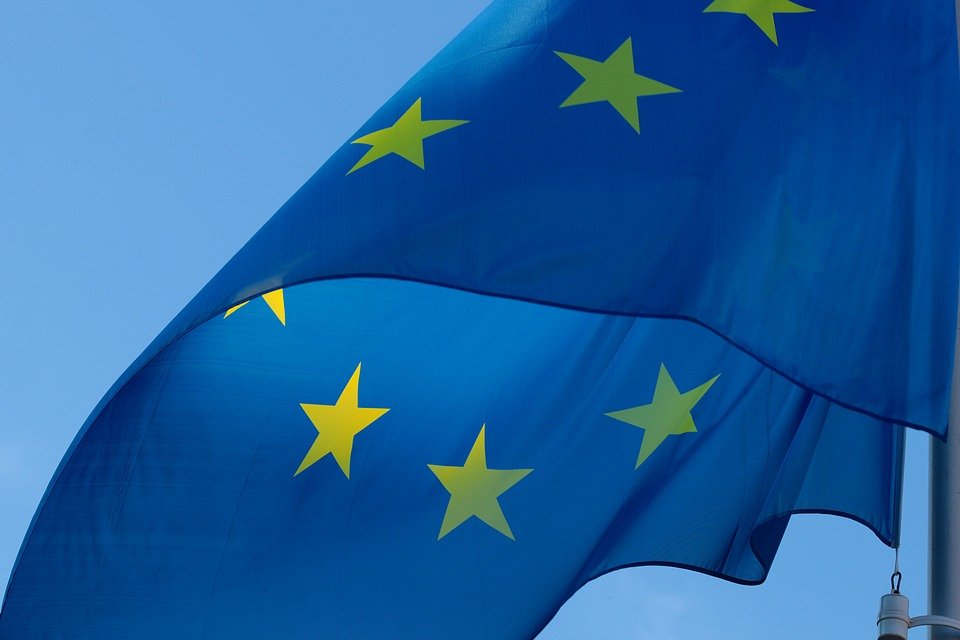The accession of countries of the Western Balkans to the European Union must be speeded up, Foreign Minister Péter Szijjártó told an annual online conference on the region organised by the foreign affairs and foreign economy institute and Konrad-Adenauer-Stiftung.
Szijjártó said the stability of the Western Balkans was in Hungary’s economic and national security interest. As a result, helping countries in the Western Balkans and promoting their EU and Euro-Atlantic accession was a central element of Hungarian foreign policy, he added. The Hungarian government knows well what it is like when the Western Balkans are characterised by peace, stability and development and what it is like when these are missing, he said.
If the Western Balkans are not stable enough then they are unable to hinder illegal migratory waves, to fight against terrorism, to take action against organised crime and to prevent the spread of extremist ideologies, he added.
The minister said it was also in the EU’s interest to expand and improve economic and trade cooperation with the region. Last year, the volume of trade between the EU and the Western Balkans exceeded 50 billion euros, he said, adding that Hungary played an important role in this. He also said that Brexit represented a great loss to the EU, with the community losing one-eighth of its population and its economic output decreasing by one-seventh. This loss should be somehow compensated and there is no other way than to speed up enlargement, he added. Szijjártó said that NATO was ahead of the EU with three extra members: Albania, North Macedonia and Montenegro and added that if this trend continues, integration will lose its credibility and attraction.
He said Hungary was proud of taking over the command of the KFOR mission in Kosovo from November. A total of 420 Hungarian soldiers are currently stationed in the region and their number will exceed 500 by the end of the year, he said. Hungary is also proudly participating in the EUFOR Bosnia-Herzegovina mission with 52 soldiers, which makes the country the third largest contributor, he added. It has been obvious since the start of illegal migration in 2015 that the Western Balkans being stable and strong could help suppress migratory waves, he said. In order to support this, Hungary has sent police to Serbia and Macedonia to help protect the most vulnerable borders, he added. Hungary has offered the same help to Bosnia-Herzegovina, he said.
Szijjártó said that in the fight against the coronavirus epidemic, Hungary has donated 800,000 masks, 75,000 protective clothing and 100,000 ventilators to the region, plus more recently, 50,000 PCR tests.
The Hungarian government’s position is that it’s much better to protect people’s work than to hand out benefits. As a result, Hungarian companies have been helped to carry out investment in the Western Balkans, which supports the economies of both Hungary and the countries of the Western Balkans, he added.
hungaymatters.hu
pixabay


















